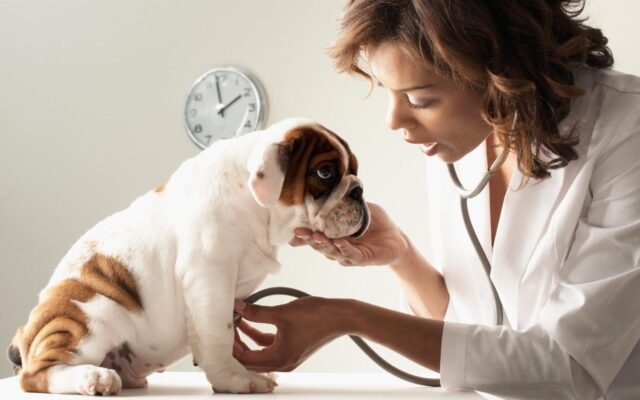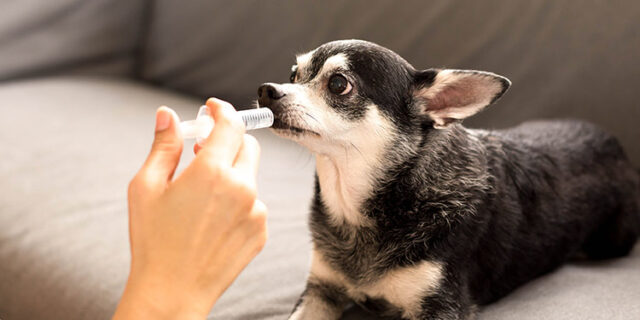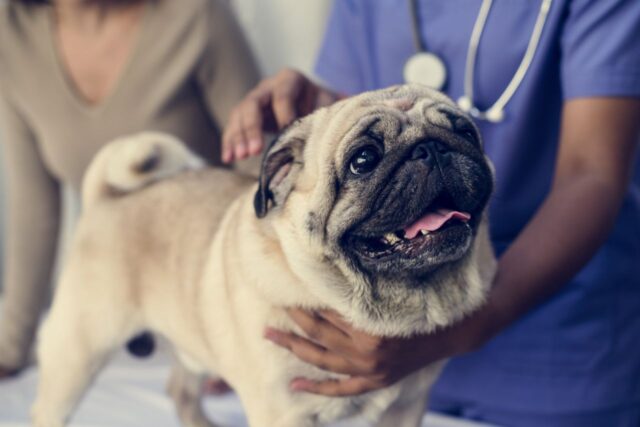
Parasites can wreak havoc on your dog’s health, so making sure that your dog is parasite-free is of utmost importance. When it comes to your dog’s health, you should worry just as it is your own. He is after all your best friend, and neglecting health issues is never a good thing when it comes to canines. Parasites are one of the many issues that concern your dog’s health. While they might be small, the potential for health hazards is huge if your dog catches them.
So having that in mind, we bring forth to you the 7 tips on how to keep your dog parasite free.
7Watch For Signs of Illness

Some pets show signs of illness, while others don’t when infected with parasites. That’s exactly why you need to test your dog regularly for them and make sure that it doesn’t become a problem. Some of the most common illnesses include vomiting, diarrhea, loss of appetite, loss of blood in stools, etc.
6Keep The Yard Free of Feces
Parasites are drawn to feces, so good sanitation is always required if you want to protect your dog from them. Good sanitation requires you to regularly clean up after your dog. The feces should be instantly picked up, placed in a doggie bag, and thrown into the trash before they could attract parasites.
5Give Medication

There are dozens of medications that are simple to administer and protect your canine from parasites. Veterinarians across the U.S. recommend medication as the most effective way to combat these harmful organisms. But the key for them to work is consistency, and to never miss out (depending on the medication). There are two products that veterinarians recommend, Nexgard and Frontline, and you can click here to learn more about them.
4Consult With Your Veterinarian
Professional assistance is yet another great way to make sure that your dog doesn’t catch any harmful organisms. You can consult with your dog’s doctor regarding particular ones that can become a problem, how they spread, how to detect them, etc. Some are less of a concern, while others can be more problematic. Some appear in specific geographical locations, and some transmit differently than others. So your best bet is to always consult with your veterinarian.
3Regular Checks

Sticking on the subject of veterinarians, regular checks are just as important as they are for you. Regular checks are usually done every six months, and you mustn’t neglect the importance of them. Furthermore, a veterinarian check for a new puppy should be your top priority.
2Don’t Let Your Dog Eat His, or Other, Feces
Yep, we made it to the most disgusting part of the article. We mentioned that parasites infest feces, and dogs can often time eat their own poop. Eating poop is a prime way of picking up and catching parasites, so make sure to keep your dog away from any feces while taking a walk.
1Don’t Let Your Dog Drink Standing Water
Same as feces, standing water is yet another prime breeding ground of harmful organisms and bacteria. As a matter of fact, the parasite called Giardia, which can cause severe diarrhea in canines is mostly found in standing water. When taking walks to the park, or whenever you take your dog off his leash, make sure it never gets into contact with standing water, let alone drink it.







